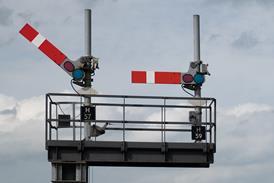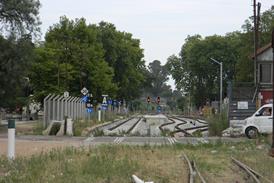by John Hibbs et al
ECONOMISTS examine UK rail privatisation in this monograph from the Institute of Economic Affairs, arguing that it has proved more successful than is widely believed. Eight chapters analyse the industry structure adopted in the 1990s, describe subsequent changes and restructuring, and look towards the future.
A discussion of government policy considers which aspects of the model have worked as expected, but also the development of unintended consequences such as rapid cost rises. According to David Tyrrall of Cass Business School, ’no private railway has ever found the structure imposed on the UK rail industry at privatisation to be efficient.’
The paperback looks at the process of introducing market principles to an industry sector which is often seen as a natural monopoly, emphasising a need for competition rather than simply private ownership.
The authors suggest that emotion distorts UK transport policy away from market principles, and reject arguments that rail transport is an economic special case. However, in considering the way privatisation was carried out, Hibbs comments ’criticism should turn upon the loss of a certain feel for the railway as an institution with its own history, traditions and loyalty.’
ú12·50 from The Institute of Economic Affairs, 2 Lord North Street, Westminster, London SW1P 3LB, UK
Or free download from www.iea.org.uk




















